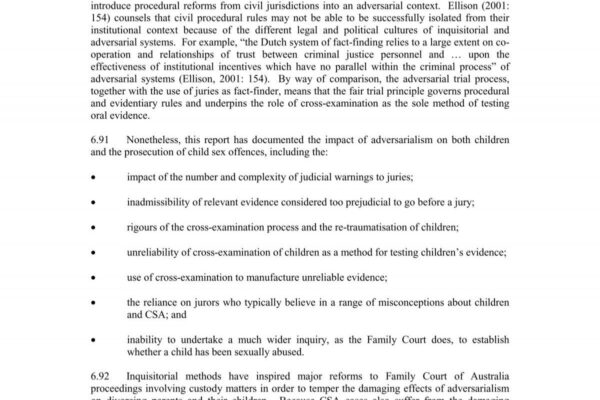The Hard Life: Embracing Challenges and Building Resilience

Introduction
The term ‘hard life’ refers to a range of experiences characterised by significant hardships, adversities, or traumas. In today’s fast-paced world, the notion resonates with many, as individuals confront emotional, societal, and economic challenges. Whether it pertains to personal struggles, professional setbacks, or systemic issues, the ‘hard life’ encapsulates a universal theme of resilience and perseverance.
Defining a Hard Life
A hard life often includes struggles such as poverty, illness, loss, or discrimination. For instance, according to the Joseph Rowntree Foundation, nearly 14 million people in the UK are living in poverty, showcasing the harsh realities faced by many households. Additionally, mental health has become an increasingly pressing issue, with reports indicating that one in four adults experienced mental health issues in 2023. These statistics illustrate the multifaceted nature of hardships experienced by people today.
Current Events Impacting Hard Lives
Recent global events have highlighted the plight of individuals facing hard lives. For instance, the COVID-19 pandemic has disproportionately affected vulnerable populations, exacerbating existing inequalities and mental health issues. Many have lost jobs or faced increased responsibilities, creating additional stressors that contribute to a hard life. Moreover, the ongoing cost-of-living crisis in the UK, marked by rising energy prices and inflation, has pushed many into financial uncertainty, making the hard life a current reality for many families.
Resilience and Coping Mechanisms
Despite these challenges, stories of resilience continue to inspire communities. Many individuals develop coping mechanisms that allow them to navigate tough times. Community support networks, mental health resources, and personal strategies—such as mindfulness and self-care—are essential in building resilience. Taking part in local support groups can provide individuals facing hardships with necessary social connections and tools to manage their circumstances effectively.
Conclusion
The concept of a ‘hard life’ is multifaceted and deeply ingrained in society. Understanding its roots and the challenges faced by individuals is crucial for fostering compassion and support within communities. As we look to the future, it is vital to advocate for policies that address systemic issues contributing to hard lives, promote mental health awareness, and facilitate access to resources that empower individuals. Recognising and supporting those enduring a hard life can lead to a more inclusive and resilient society.
You may also like

The Importance of Continuous Learning in Today’s Society

Ruth Dodsworth: Overcoming Adversity and Inspiring Change

Tracy Morgan: A Journey Through Comedy and Resilience
SEARCH
LAST NEWS
- Remembering Wendy Richard: The Promise to Co-Star Natalie Cassidy
- How Did Anglian Water Achieve an ‘Essentials’ Rating for Mental Health Accessibility?
- Shai Hope Leads West Indies in T20 World Cup Clash Against South Africa
- What We Know About Weston McKennie: Future at Juventus and Past at Leeds
- What We Know About the Upcoming Live Nation Antitrust Trial